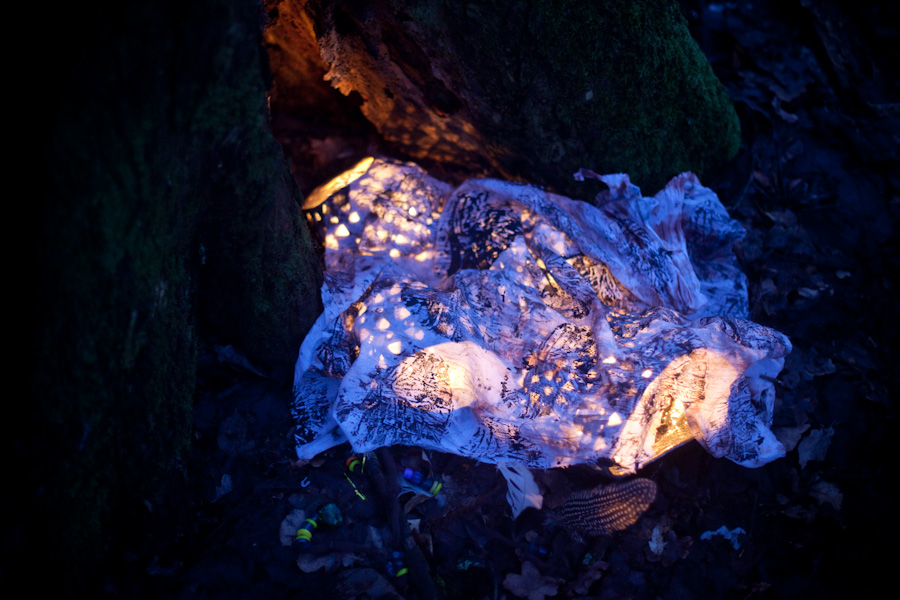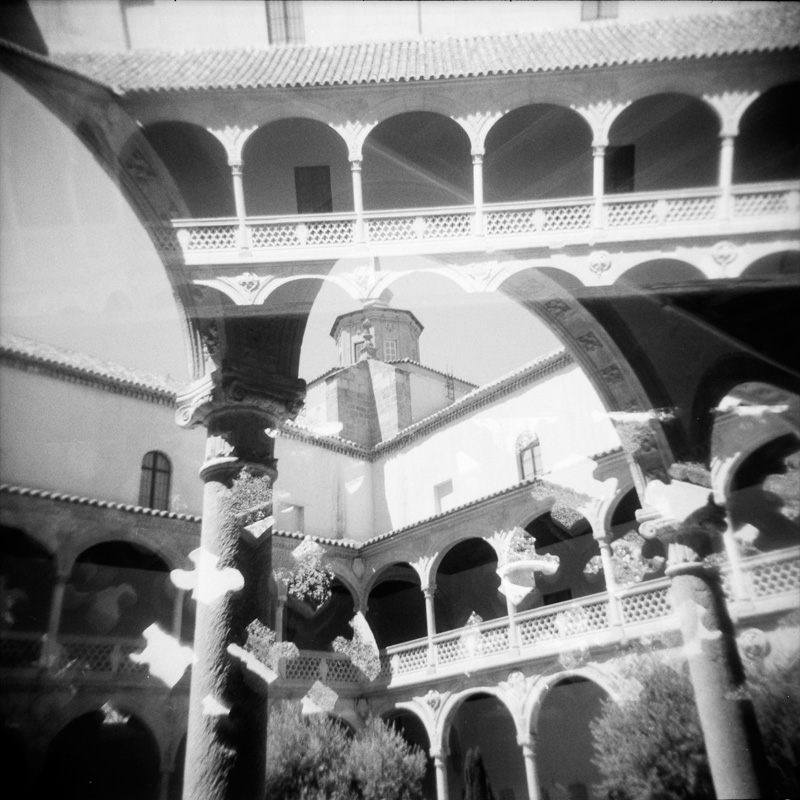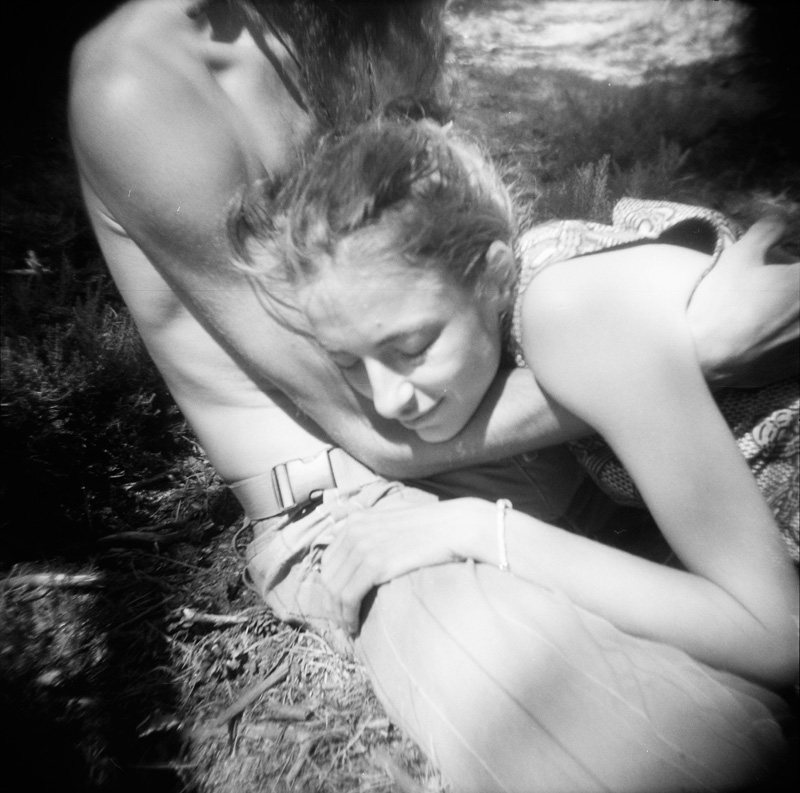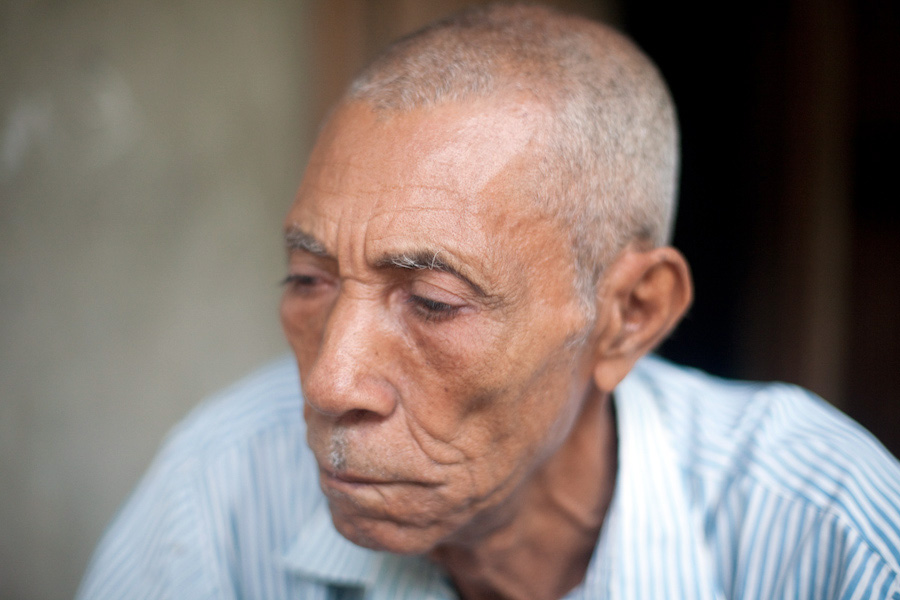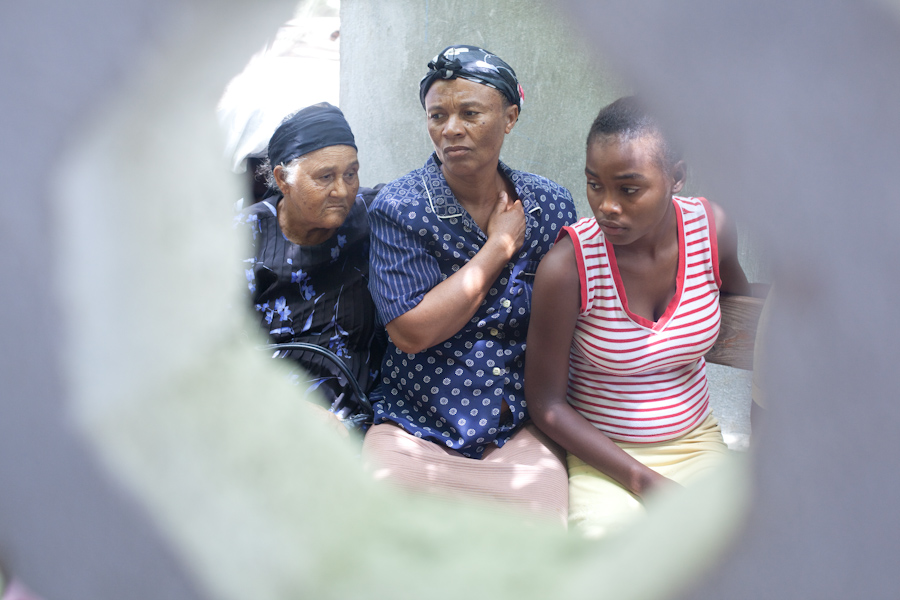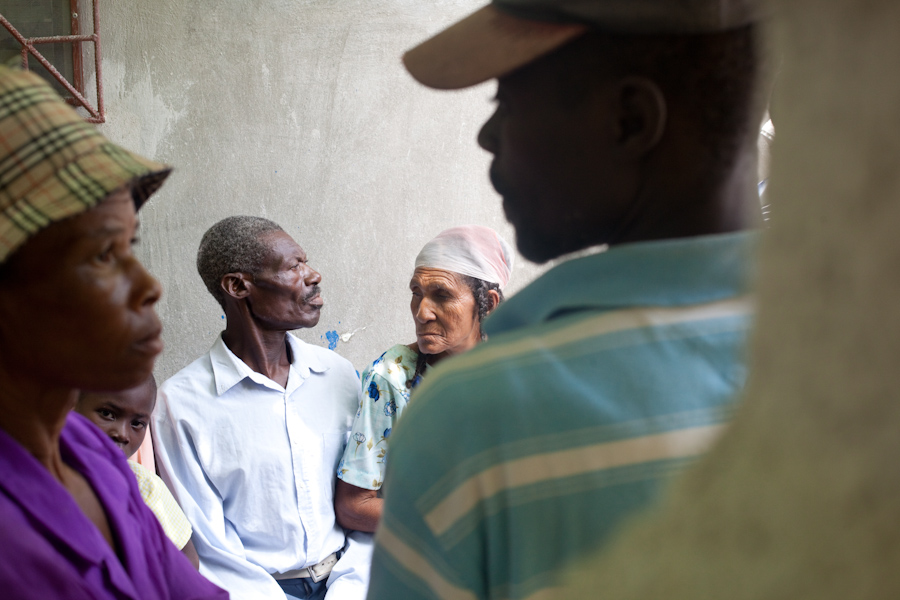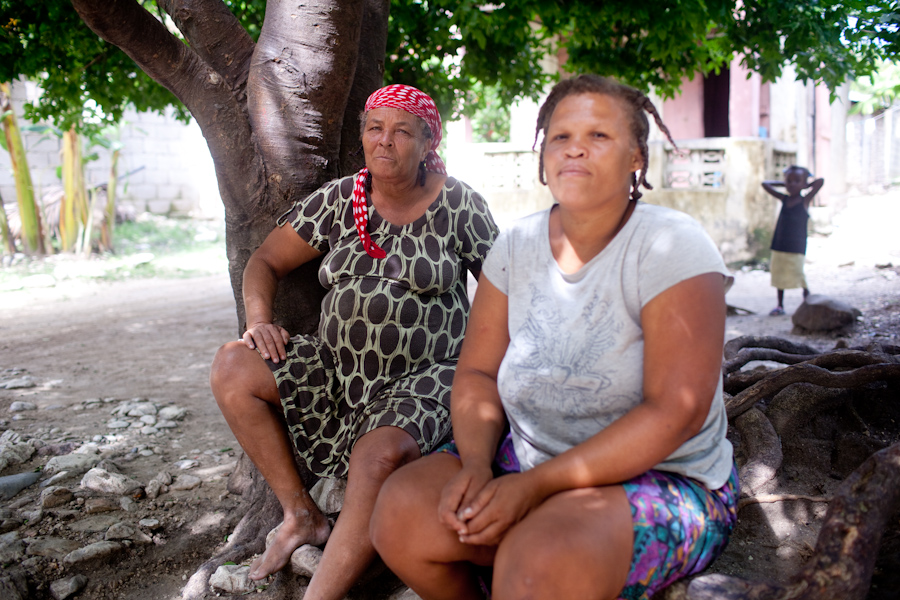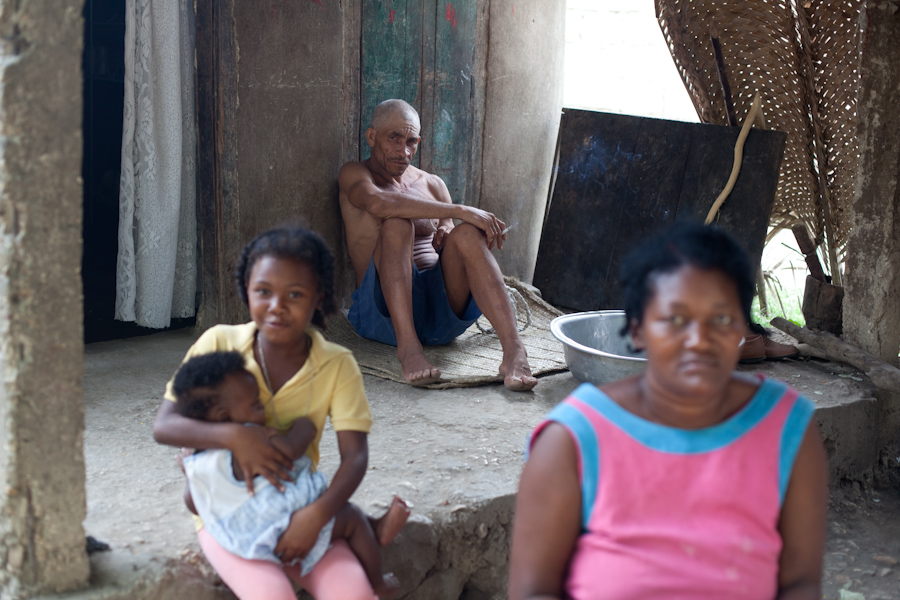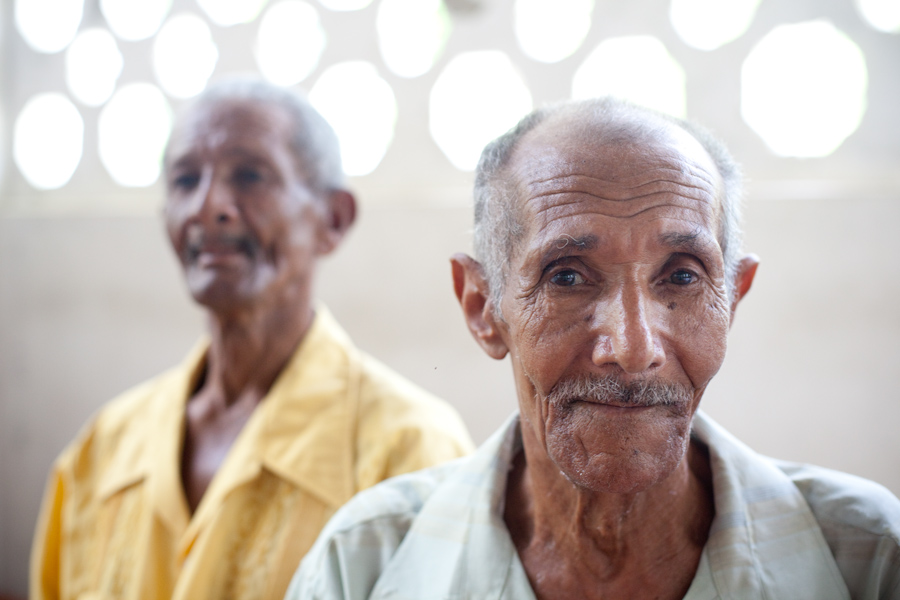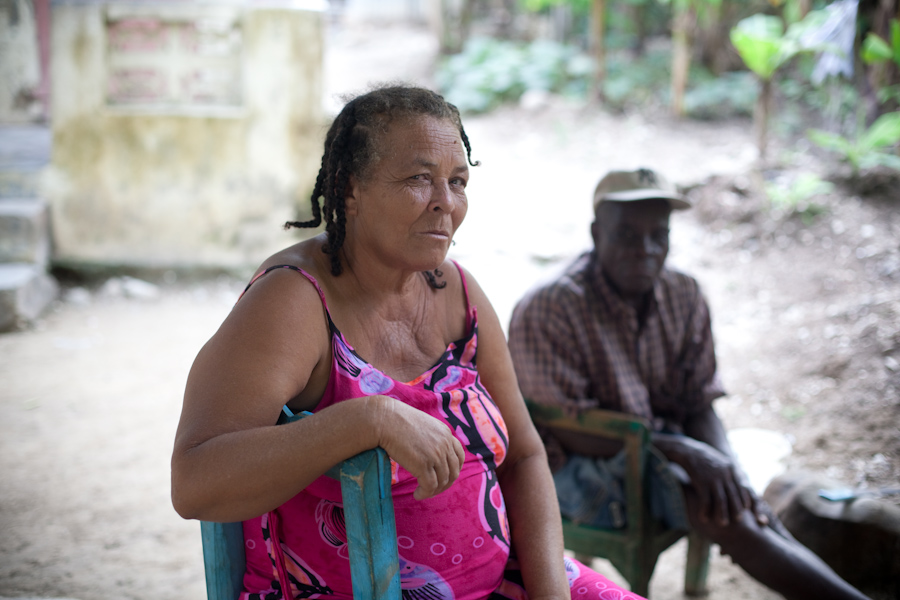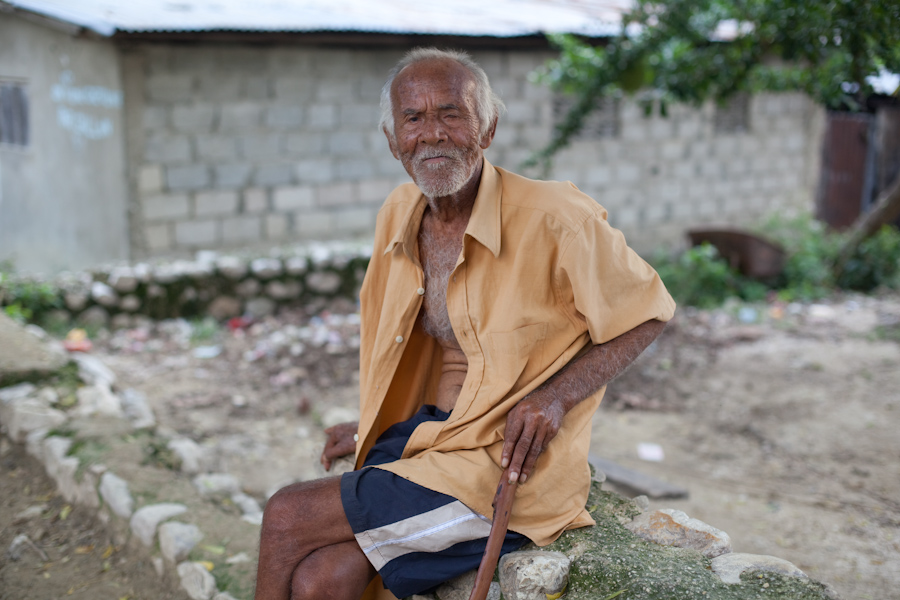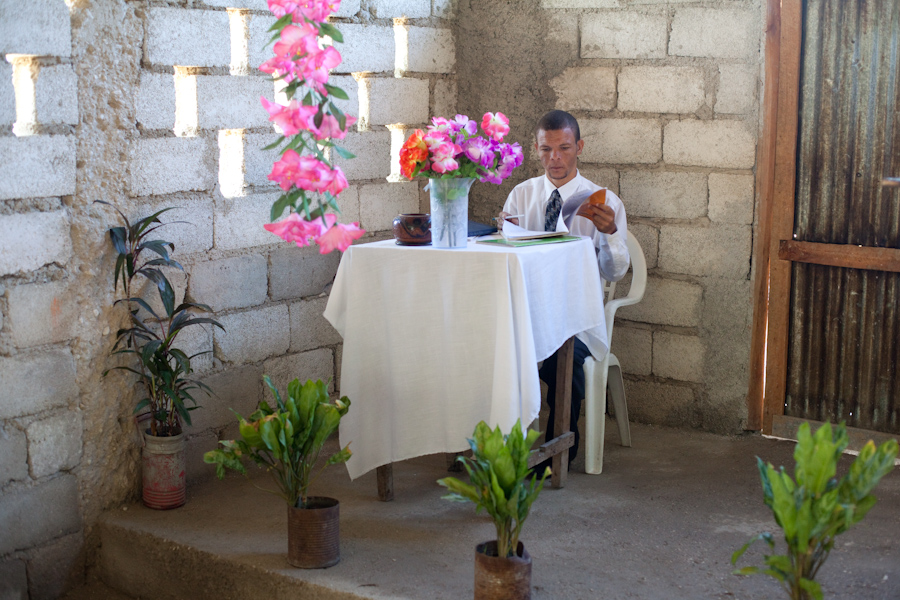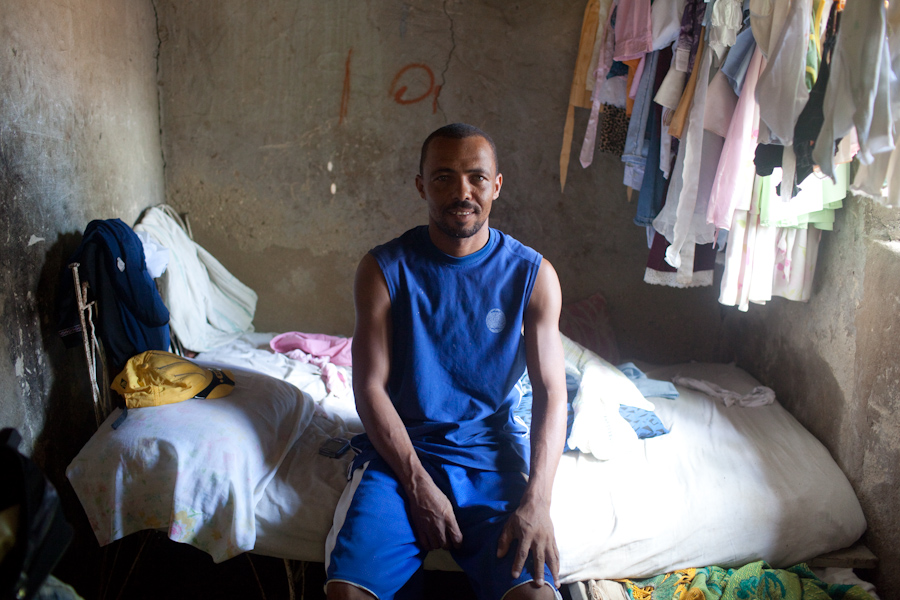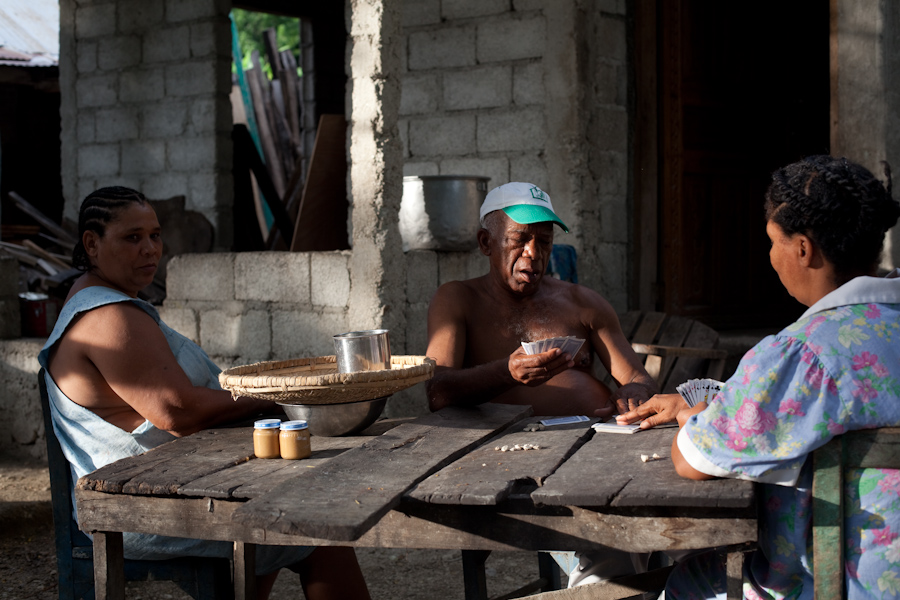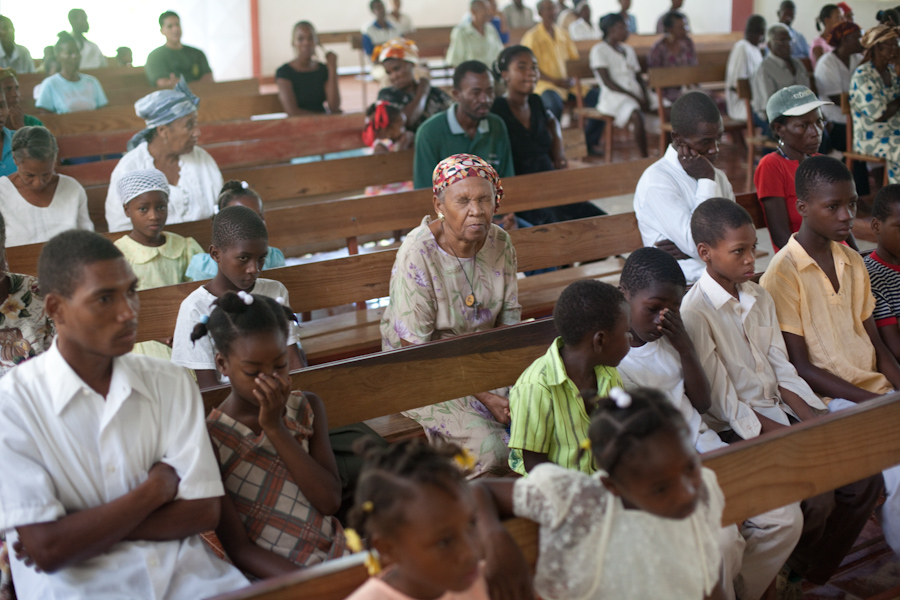An ecstatic experience transcends duality; it is
simultaneously terrifying, hilarious, awe-inspiring, familiar, and bizarre. It is an experience that one wishes to have
over and over again. [ Terence McKenna, "Food of Gods" ]
In his trance the shaman goes on a far journey -the place of the departed ancestors, or the nether world, or there
where the gods dwell-and this wonderland is, I submit, precisely where the hallucinogens take us. They are a
gateway to ecstasy. Ecstasy in itself is neither pleasant nor unpleasant. The bliss or panic into which it plunges you
is incidental to ecstasy. When you are in a state of ecstasy, your very soul seems scooped out from your body and
away it goes. Who controls its flight: Is it you, or your “subconscious,” or a “higher power”? Perhaps it is pitch
dark, yet you see and hear more clearly than you have ever seen or heard before. You are at last face to face with
Ultimate Truth: this is the overwhelming impression (or illusion) that grips you. You may visit Hell, or the Elysian
fields of Asphodel, or the Gobi desert, or Arctic wastes. You know awe, you know bliss, and fear, even terror. [ Gordon Wasson, "The Wondrous Mushroom: Mycolatry in Mesoamerica" ]
***
Doświadczenie ekstatyczne przekracza dualność, jest jednocześnie przerażające, zabawne, wywołujące szacunek, znajome i dziwaczne. To doświadczenie, które chce się powtarzać wciąż na nowo, nigdy takie same. [ Terence McKenna, "Pokarm Bogów ]
W swoim transie szaman wyrusza w daleką podróż – do miejsca gdzie odeszli przodkowie, do dolnego świata, lub też tam gdzie mieszkają bogowie, i ta cudowna kraina, postuluję, jest dokładnie tym miejscem gdzie zabierają nas halucynogeny. Są one bramą do ekstazy. Ekstaza sama w sobie nie jest przyjemna ani nieprzyjemna. Rozkosz czy panika w jaką nas wciąga jest wtórna, uboczna. Kiedy jesteś w stanie ekstazy, sama dusza wydaje się zostać wydarta z ciała i porwana gdzieś w dal. Kto kontroluje ten lot : czy to ty, czy twoja podświadomość, czy też jakaś “wyższa siła”? Być może jest to podróż przez smolistą ciemność, a jednak widzisz i słyszysz jaśniej i wyraźniej niż kiedykolwiek wcześniej. Jesteś w końcu twarzą w twarz z Ostateczną Prawdą, to jest to przytłaczające wrażenie ( czy też iluzja ) które cię wtedy chwyta. Możesz odwiedzić Piekło, albo pokryte złotogłowiem eleuzyjskie pola umarłych, albo pustynię Gobi, albo arktyczne pustkowia. Znasz grozę, znasz rozkosz, doświadczasz strachu i przerażenia. [ Gordon Wasson, "Cudowny grzyb : Mykolatria w Ameryce Środkowej" ]


